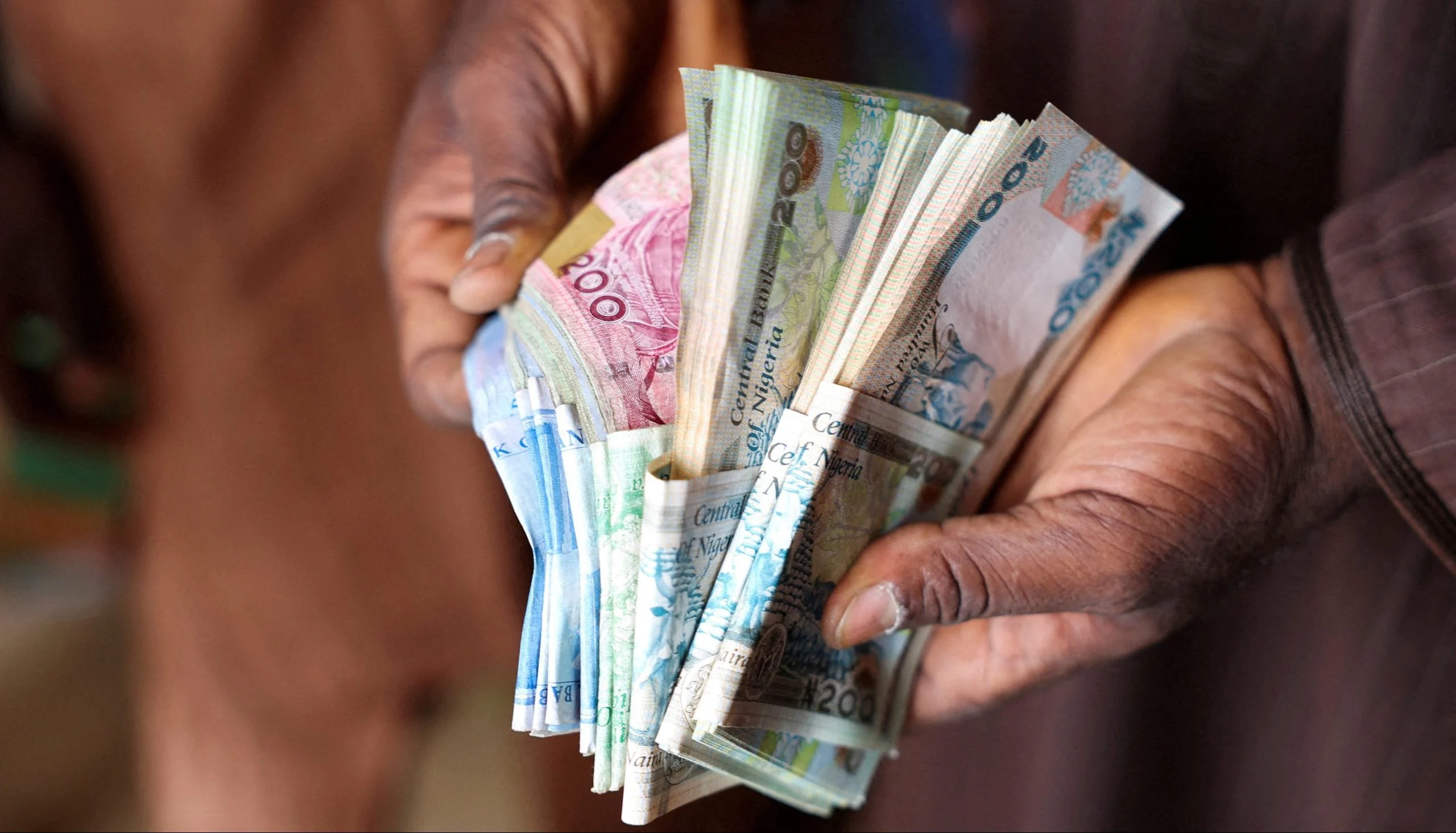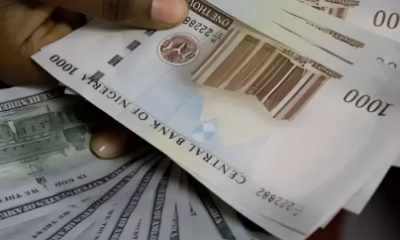Nigeria’s local currency, the naira and other currencies in Africa may face further devaluation in 2024, says the latest report by the Economist Intelligence Unit (EIU).
The report however noted that the impact of the devaluation in 2024 will be less severe compared to the experience in this current year.
South Africa, Nigeria, Ghana, Kenya, Zambia etc have seen their currencies weaken by double-digit percentages against the USD in 2023.
Recall that the Central Bank of Nigeria (CBN) announced the floating of the naira at the official Investors and Exporters window (IEFX), which saw the official rate depreciate from an average of N465/$ to around N750/$.
The naira fell against the U.S. dollar at both the official and parallel market on Tuesday 13th November 2023 marking a reversal from the gain achieved last Friday.
READ ALSO: Naira slumps further at official, parallel markets, now N1140/$1
The domestic currency depreciated 1.92 per cent to close at N795.41 to a dollar at the close of business on Tuesday, data from the NAFEM where forex is officially traded, showed.
This represents an N15.27 loss or a 1.92 per cent decline in the local currency compared to the N780.14 it closed on Friday.
Similarly, the naira weakened at the parallel forex market where forex is sold unofficially, the exchange rate depreciated by 0.44 per cent, quoted at N1135/$1, while peer-to-peer traders quoted around N1124.30/$1.
The CBN has been trying to manage the naira’s exchange rate through several measures; however, these measures have not been able to prevent the naira from depreciating against the dollar.
The EIU report stated that Zimbabwe will be the only exception among the Southern African economies as South Africa, Namibia and Botswana will see moderate levels of currency depreciation.
“We forecast currency depreciation against the US dollar across much of Africa in 2024, although adjustments are expected to be less severe than those recorded in 2023.
The Southern African economies of South Africa, Namibia and Botswana saw their currencies lose considerable value against the US dollar in 2023, but currency stabilization appears the most likely outcome in 2024.”
READ ALSO: CBN extends old naira notes’ validity indefinitely
It further explained that Egypt, Ethiopia, Angola and Nigeria will see their currency weaken in value against the USD in the coming year.
The IMF had downgraded Egypt’s economy to grow by 4.2 per cent in 2023 down from 6.7 per cent in 2022.
Also, analysts have warned that renewed conflicts in Gaza will negatively impact Egypt’s tourism industry which contributes significantly to its economy.
The report also explained that Nigeria’s currency will continue to remain under pressure if the CBN promotes unsupportive monetary policies.
It also noted that the CBN does not have the “firepower” expected to clear the backlog of forex estimated at $7 billion which will restore confidence in the market.
“In Nigeria, an unsupportive monetary policy implies that the naira will remain under pressure, while the central bank lacks the firepower to adequately supply the market or clear a backlog of foreign-exchange orders, which will keep foreign investors unnerved.”
For African countries who have their currencies tied to the Euro that are CFA countries, the report noted that their currencies will fluctuate according to the U.S dollar and the Euro.

 Football1 week ago
Football1 week ago
 Entertainment6 days ago
Entertainment6 days ago
 Business6 days ago
Business6 days ago
 Football7 days ago
Football7 days ago
 Business6 days ago
Business6 days ago
 Crime1 week ago
Crime1 week ago
 Health6 days ago
Health6 days ago
 Football1 week ago
Football1 week ago













